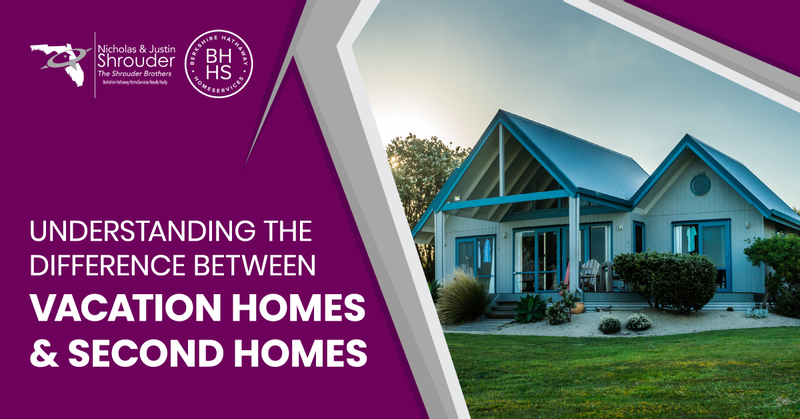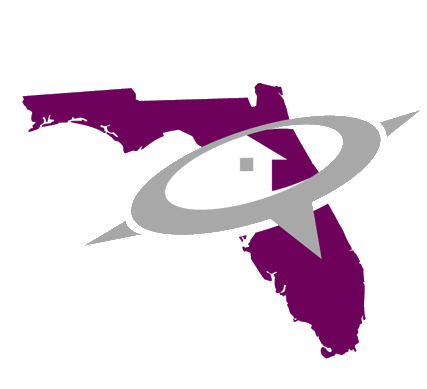Property Classifications
Primary Residence
The primary residence tends to be the easiest property to finance, making you eligible for varied mortgage products and the lowest interest rates. Snowbirds, those who migrate between the northeast and Florida as seasons change, should consult with a tax attorney to understand the criteria for claiming a home as a domicile or permanent home.
Secondary Residence
When applying for a loan for a vacation home, you may encounter relatively high-interest rates and down payment requirements to reflect the lender’s increased risk. Also, some lenders stipulate a certain proximity to a resort area or a minimum distance from your primary residence. To qualify as a secondary residence, you have to occupy it for a specified portion of the year.
Lenders vary in imposing limits on renting out a second home. For example, Quicken Loans aligns the company’s qualification requirements with eligibility for a mortgage interest tax deduction. Leasing is permissible as long as you lived in the home for over 14 days or 10% of the days it was rented out, whichever is greater. So, if you rented out your Winter Garden or Windermere home for 180 days, you would have to live there over 18 days to claim the property as a second home.
Investment Property
All rental income must be reported when you file your taxes, but you may be eligible for deductions for maintenance, repairs, loan interest, and property taxes.
Be Truthful in Your Purpose


